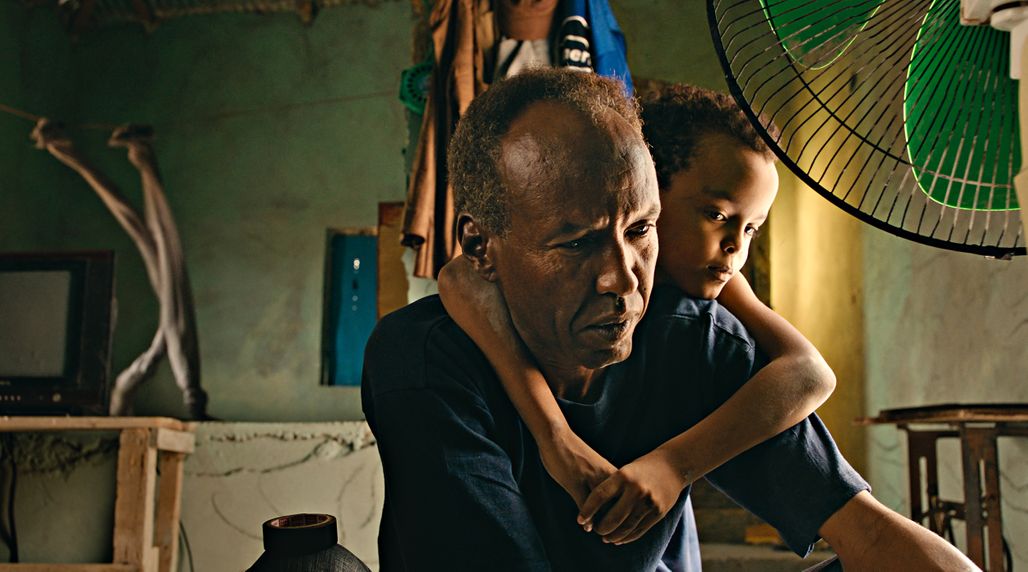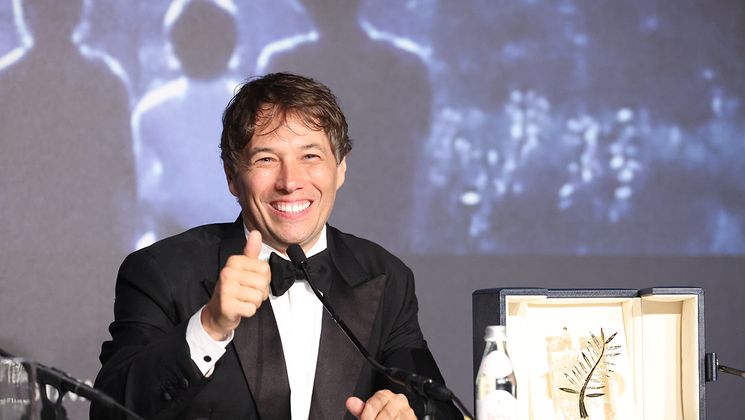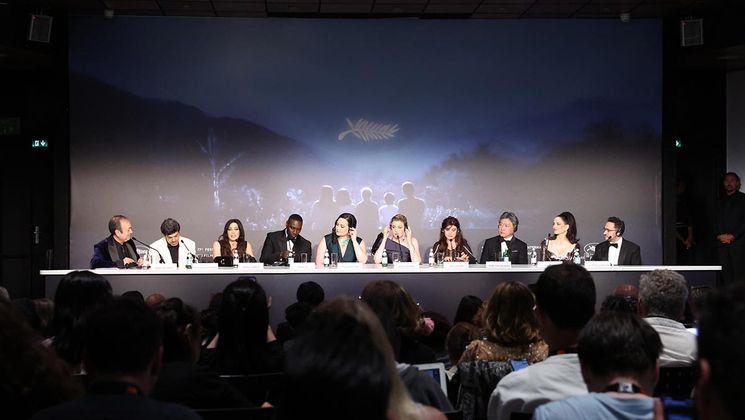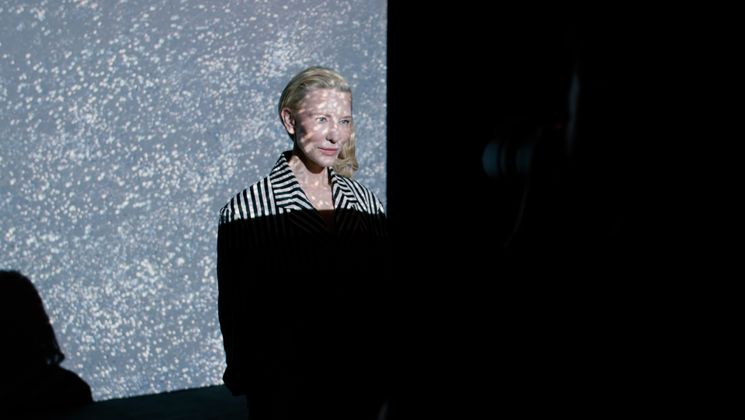
The Village Next to Paradise, as seen by Mo Harawe

The Village Next to Paradise, the first feature film by Somalian-Austrian director Mo Harawe, is set in the small, windy village of the director’s homeland. Presented at Un Certain Regard, the film follows the destinies of a family in search of a better life.
What inspired you to begin work on this film?
I wrote the first draft of the treatment in 2018. Among many other reasons, I think, in hindsight, I wanted to get to know myself better by making a film about Somalia, the country where I was born and grew up.
Please describe your working method and the atmosphere on set.
To be honest, I find it challenging to pinpoint a specific method to my creative process. What I do know is that my decisions are often guided by intuition and gut feelings.
Please share a few words about your actors.
The actors were really wonderful; we were very lucky to have found them, and I can’t imagine this film without them. Casting them made my work easier; I think if you cast right, you’ve done 50% of your job as a director.
What did you learn during the course of making this film?
So much; we spent three months shooting the film, and I feel like I have grown up as a human being but also as a filmmaker.
What would you like people to remember from your film?
Above everything else, I would like you to leave the cinema with a heart full of love when you watch the film and remember the eyes, the faces, the feet, the smiles, the gestures, the people, the animals, and the landscape.
What made you want to become a director? What are your influences?
I think I became a director by default; I came to a new country, didn’t know the language, and in hindsight, I think I was trying to express myself, and visual language was the most universal means of communication, I guess. As a kid and teenager, I didn’t dream of becoming a filmmaker, so consciously, I really don’t know my influences.
A movie you want to recommend? And why?
Touki Bouki by Djibril Diop Mambéty gave me the courage to make films.


